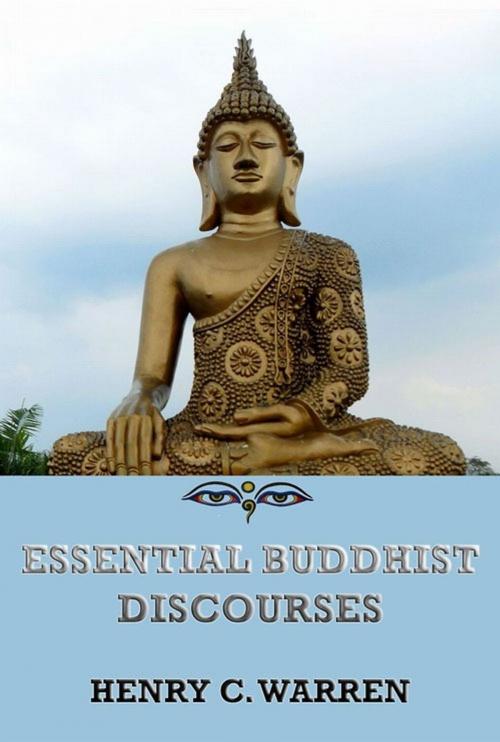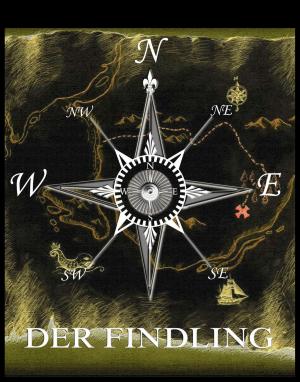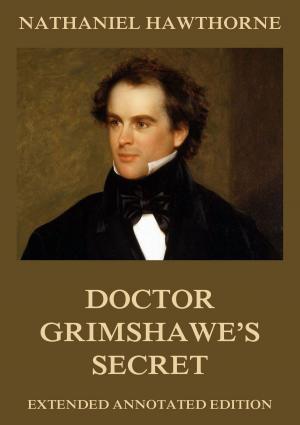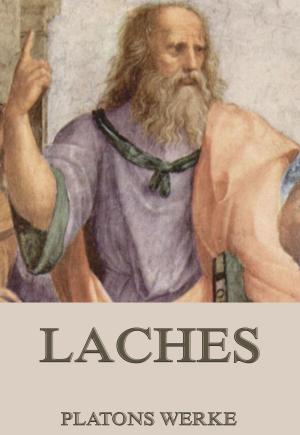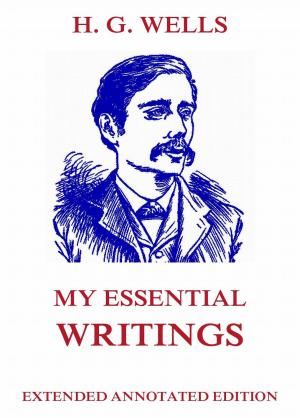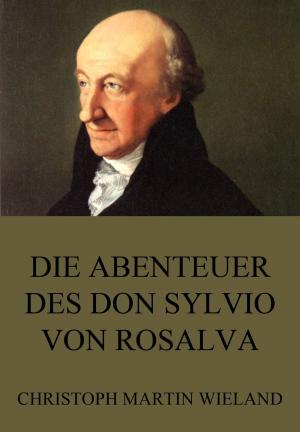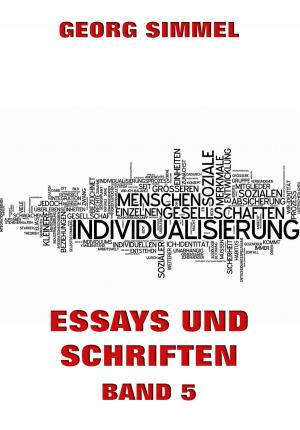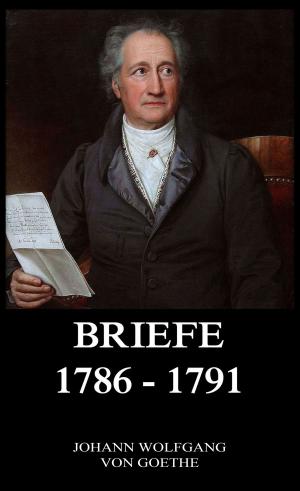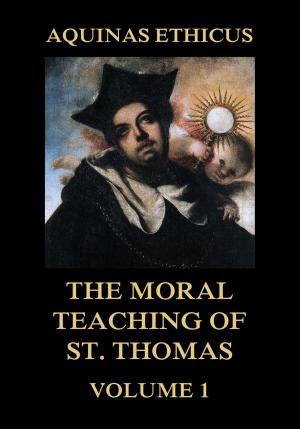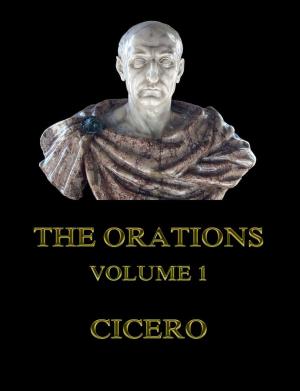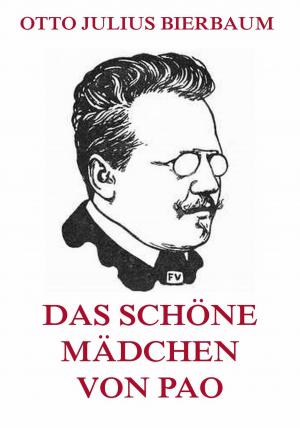Essential Buddhist Discourses
Nonfiction, Religion & Spirituality, Eastern Religions, Buddhism, Philosophy| Author: | Henry Clarke Warren | ISBN: | 9783849622411 |
| Publisher: | Jazzybee Verlag | Publication: | July 21, 2012 |
| Imprint: | Language: | English |
| Author: | Henry Clarke Warren |
| ISBN: | 9783849622411 |
| Publisher: | Jazzybee Verlag |
| Publication: | July 21, 2012 |
| Imprint: | |
| Language: | English |
This is the extended and annotated edition including * an extensive annotation of more than 10.000 words about the history and basics of Buddhism, written by Thomas William Rhys Davids This book contains the most important passages selected from the Buddhist Sacred Books. The aim of the present work is to take different ideas and conceptions found in Pâli writings, and present them to the reader in English. Translation has been the means employed as being the most effectual, and the order pursued is in the main that of the Buddhist "Three Jewels" (in Pâli, Ti-Ratana), to wit, The Buddha, the Doctrine, and the Order. The selections of the first chapter are on The Buddha; next follow those which deal chiefly with the Doctrine; while others concerning the Order and secular life constitute the closing chapter of the book. Contents: Chapter I. The Buddha. Introductory Discourse. § 1. The Story Of Sumedha. § 2. A List Of Former Buddhas. § 3. The Characteristics Of A Future Buddha. § 4. The Birth Of The Buddha. § 5. The Young Gotamid Prince. § 6. The Great Retirement. § 7. The Great Struggle. § 8. The Attainment Of Buddhaship. § 9. First Events After The Attainment Of Buddhaship. § 10. The Conversion Of Sâriputta And Moggallâna. § 11. The Buddha's Daily Habits. § 12. The Death Of The Buddha. Chapter Ii. Sentient Existence. § 13. Questions Which Tend Not To Edification. § 14. King Milinda And Nâgasena Come To An Understanding. § 15. There Is No Ego. § 16. All Signs Of An Ego Are Absent. § 17. No Continuous Personal Identity. § 18. The Mind Less Permanent Than The Body. § 19. What Is Unity Or One? § 20. Analysis Of The Human Being. § 21. The Composition Of The Body. § 23. The Origin And Cessation Of The Human Being. § 24. Inanimate Nature. § 25. The Middle Doctrine. § 26. Ignorance. § 27. Karma. § 28. Consciousness. § 29. Name And Form. § 31. Contact. § 33. Desire. § 34.
This is the extended and annotated edition including * an extensive annotation of more than 10.000 words about the history and basics of Buddhism, written by Thomas William Rhys Davids This book contains the most important passages selected from the Buddhist Sacred Books. The aim of the present work is to take different ideas and conceptions found in Pâli writings, and present them to the reader in English. Translation has been the means employed as being the most effectual, and the order pursued is in the main that of the Buddhist "Three Jewels" (in Pâli, Ti-Ratana), to wit, The Buddha, the Doctrine, and the Order. The selections of the first chapter are on The Buddha; next follow those which deal chiefly with the Doctrine; while others concerning the Order and secular life constitute the closing chapter of the book. Contents: Chapter I. The Buddha. Introductory Discourse. § 1. The Story Of Sumedha. § 2. A List Of Former Buddhas. § 3. The Characteristics Of A Future Buddha. § 4. The Birth Of The Buddha. § 5. The Young Gotamid Prince. § 6. The Great Retirement. § 7. The Great Struggle. § 8. The Attainment Of Buddhaship. § 9. First Events After The Attainment Of Buddhaship. § 10. The Conversion Of Sâriputta And Moggallâna. § 11. The Buddha's Daily Habits. § 12. The Death Of The Buddha. Chapter Ii. Sentient Existence. § 13. Questions Which Tend Not To Edification. § 14. King Milinda And Nâgasena Come To An Understanding. § 15. There Is No Ego. § 16. All Signs Of An Ego Are Absent. § 17. No Continuous Personal Identity. § 18. The Mind Less Permanent Than The Body. § 19. What Is Unity Or One? § 20. Analysis Of The Human Being. § 21. The Composition Of The Body. § 23. The Origin And Cessation Of The Human Being. § 24. Inanimate Nature. § 25. The Middle Doctrine. § 26. Ignorance. § 27. Karma. § 28. Consciousness. § 29. Name And Form. § 31. Contact. § 33. Desire. § 34.
